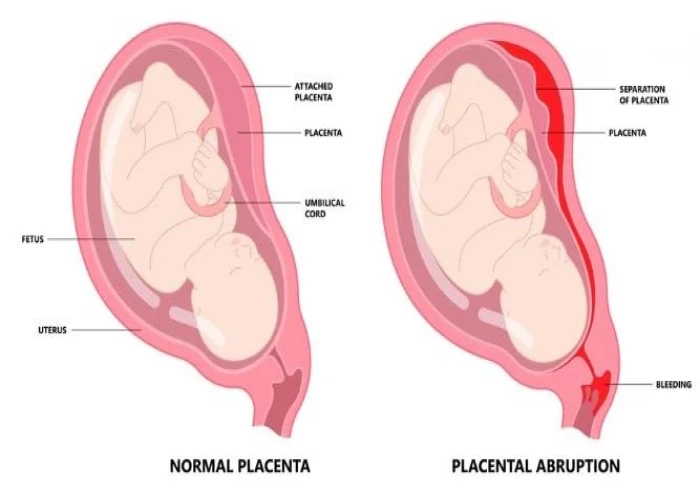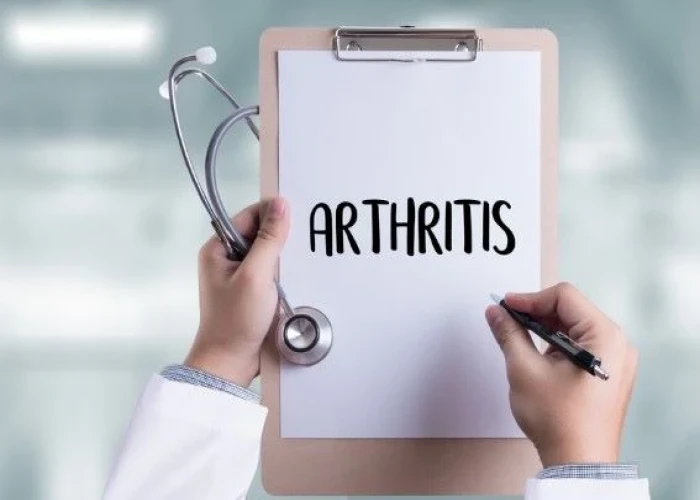 Welcome
Welcome
“May all be happy, may all be healed, may all be at peace and may no one ever suffer."
Chronic daily headaches

Chronic daily headaches are headaches that occur on a daily or almost daily basis for at least 15 days per month, for a period of at least 3 months. These headaches can be either tension-type or migraine-type headaches, and they can have a significant impact on a person's quality of life. The causes of chronic daily headaches are not fully understood, but they may be related to changes in brain chemistry, hormonal imbalances, or environmental triggers. Treatment for chronic daily headaches may involve medications to relieve pain, prevent headaches, or address underlying conditions, as well as lifestyle modifications to reduce triggers and improve overall health. It is important to see a healthcare provider if you are experiencing chronic daily headaches to determine the underlying cause and develop an appropriate treatment plan.
Research Papers
Disease Signs and Symptoms
- Headaches
- Migraine
- Nausea or vomiting
- Sensitivity to light (Photophobia)
- Runny nose
- Drooping eyelid or pupil narrowing
- Often affect both sides of the head
- Might have features of chronic migraine or chronic tension-type headache
Disease Causes
Chronic daily headaches
The causes of many chronic daily headaches aren't well-understood. True (primary) chronic daily headaches don't have an identifiable underlying cause.
Conditions that might cause nonprimary chronic daily headaches include:
- Inflammation or other problems with the blood vessels in and around the brain, including stroke
- Infections, such as meningitis
- Intracranial pressure that's either too high or too low
- Brain tumor
- Traumatic brain injury
Medication overuse headache
This type of headache usually develops in people who have an episodic headache disorder, usually migraine or tension type, and take too much pain medication. If you're taking pain medications — even over-the-counter — more than two days a week (or nine days a month), you're at risk of developing rebound headaches.
Disease Prevents
Chronic daily headaches
Taking care of yourself might help ease chronic daily headaches.
- Avoid headache triggers. Keeping a headache diary can help you determine what triggers your headaches so that you can avoid the triggers. Include details about every headache, such as when it started, what you were doing at the time and how long it lasted.
- Avoid medication overuse. Taking headache medications, including over-the-counter medications, more than twice a week can increase the severity and frequency of your headaches. Consult your doctor about how to wean yourself off the medication because there can be serious side effects if done improperly.
- Get enough sleep. The average adult needs seven to eight hours of sleep a night. It's best to go to bed and wake up at the same time every day. Talk to your doctor if you have sleep disturbances, such as snoring.
- Don't skip meals. Eat healthy meals at about the same times daily. Avoid food or drinks, such as those containing caffeine, that seem to trigger headaches. Lose weight if you're obese.
- Exercise regularly. Regular aerobic physical activity can improve your physical and mental well-being and reduce stress. With your doctor's OK, choose activities you enjoy — such as walking, swimming or cycling. To avoid injury, start slowly.
- Reduce stress. Stress is a common trigger of chronic headaches. Get organized. Simplify your schedule. Plan ahead. Stay positive. Try stress-reduction techniques, such as yoga, tai chi or meditation.
- Reduce caffeine. While some headache medications include caffeine because it can be beneficial in reducing headache pain, it can also aggravate headaches. Try to minimize or eliminate caffeine from your diet.
Disease Treatments
Treatment for an underlying condition often stops frequent headaches. If no such condition is found, treatment focuses on preventing pain.
Prevention strategies vary, depending on the type of headache you have and whether medication overuse is contributing to your headaches. If you're taking pain relievers more than three days a week, the first step might be to wean yourself off these drugs with your doctor's guidance.
When you're ready to begin preventive therapy, your doctor may recommend:
- Antidepressants. Tricyclic antidepressants — such as nortriptyline (Pamelor) — can be used to treat chronic headaches. These medications can also help treat the depression, anxiety and sleep disturbances that often accompany chronic daily headaches.
- Other antidepressants, such as the selective serotonin reuptake inhibitor (SSRI) fluoxetine (Prozac, Sarafem, others), might help in treating depression and anxiety, but have not been shown to be more effective than placebo for headaches.
- Beta blockers. These drugs, commonly used to treat high blood pressure, are also a mainstay for preventing episodic migraines. These include atenolol (Tenormin), metoprolol (Lopressor, Toprol-XL) and propranolol (Inderal, Innopran XL).
- Anti-seizure medications. Some anti-seizure drugs seem to prevent migraines and might be used to prevent chronic daily headaches, as well. Options include topiramate (Topamax, Qudexy XR, others), divalproex sodium (Depakote) and gabapentin (Neurontin, Gralise).
- NSAIDs. Prescription nonsteroidal anti-inflammatory drugs — such as naproxen sodium (Anaprox, Naprelan) — might be helpful, especially if you're withdrawing from other pain relievers. They can also be used periodically when the headache is more severe.
- Botulinum toxin. OnabotulinumtoxinA (Botox) injections provide relief for some people and might be a viable option for people who don't tolerate daily medication well. Botox would most likely be considered if the headaches have features of chronic migraines.
The use of one drug is preferred, but if one drug doesn't work well enough, your doctor might consider combining drugs.
Disease Diagnoses
Disease Allopathic Generics
-
Paracetamol
A popular common treatment for headaches is medication with paracetamol or aspirin.
First 2 and then 1 3 times a day.
-
Vitamin B complex
To eliminate weakness. 1 pill 2 times a day after meals.
-
Naproxen Sodium
Naproxen is a medicine that can be used to bite into the head for scalp pain.
Young age 250mg or adults 500mg 2 times a day after meals for 5/7 days.
-
Ranitidine Hydrochloride
Medicines containing ranitidine for stomach gas. 1 pill 2 times a day after meals.
Disease Ayurvedic Generics
Disease Homeopathic Generics
Disease yoga
Chronic daily headaches and Learn More about Diseases

Suspicious breast lumps

Heart arrhythmia

Placenta accreta

Movement disorders

Juvenile idiopathic arthritis

Diabetic ketoacidosis (DKA)

Chondrosarcoma

Vitiligo (Leucoderma)
Chronic daily headaches, Daily headache, দীর্ঘদিনের মাথা ব্যথা
To be happy, beautiful, healthy, wealthy, hale and long-lived stay with DM3S.
